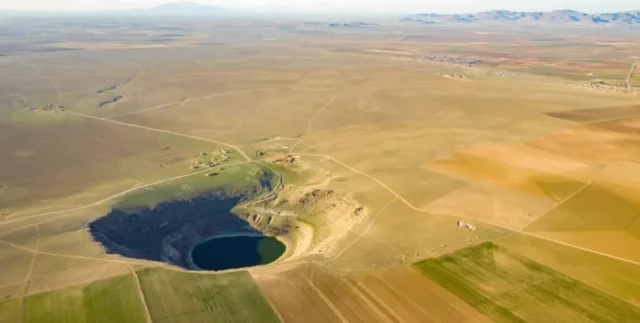Scientists have discovered an amazing system rich in diversity of life deep beneath the Earth’s surface that has exceeded all expectations. An international group of researchers reported that billions of organisms inhabit depths several kilometers underground, according to IFLScience.
Underground Galapagos
After conducting their research, scientists have dubbed this system the «underground Galapagos» and claim that it contains significantly more life than previously thought. They estimate that around 70% of all microbes on the planet reside in the soil at depths containing a vast amount of carbon.
The underground ecosystem, as described by scientists, harbors a variety of organisms, including bacteria, archaea, and even some eukaryotes. Recently, a nematode was found at a depth of 1.4 km in a gold mine in South Africa.
Scientists argue that this discovery opens up new horizons for studying the boundaries of life on Earth and beyond. They believe that further exploration of this underground treasure trove could shed light on many mysteries of nature and help understand the relationships between life on the surface and underground.
Drawing on the results of dozens of studies using samples from the Earth’s deep crust, scientists emphasize that this ecosystem is an incredible testament to life thriving in conditions of high pressure, lack of light, and nutrients.






